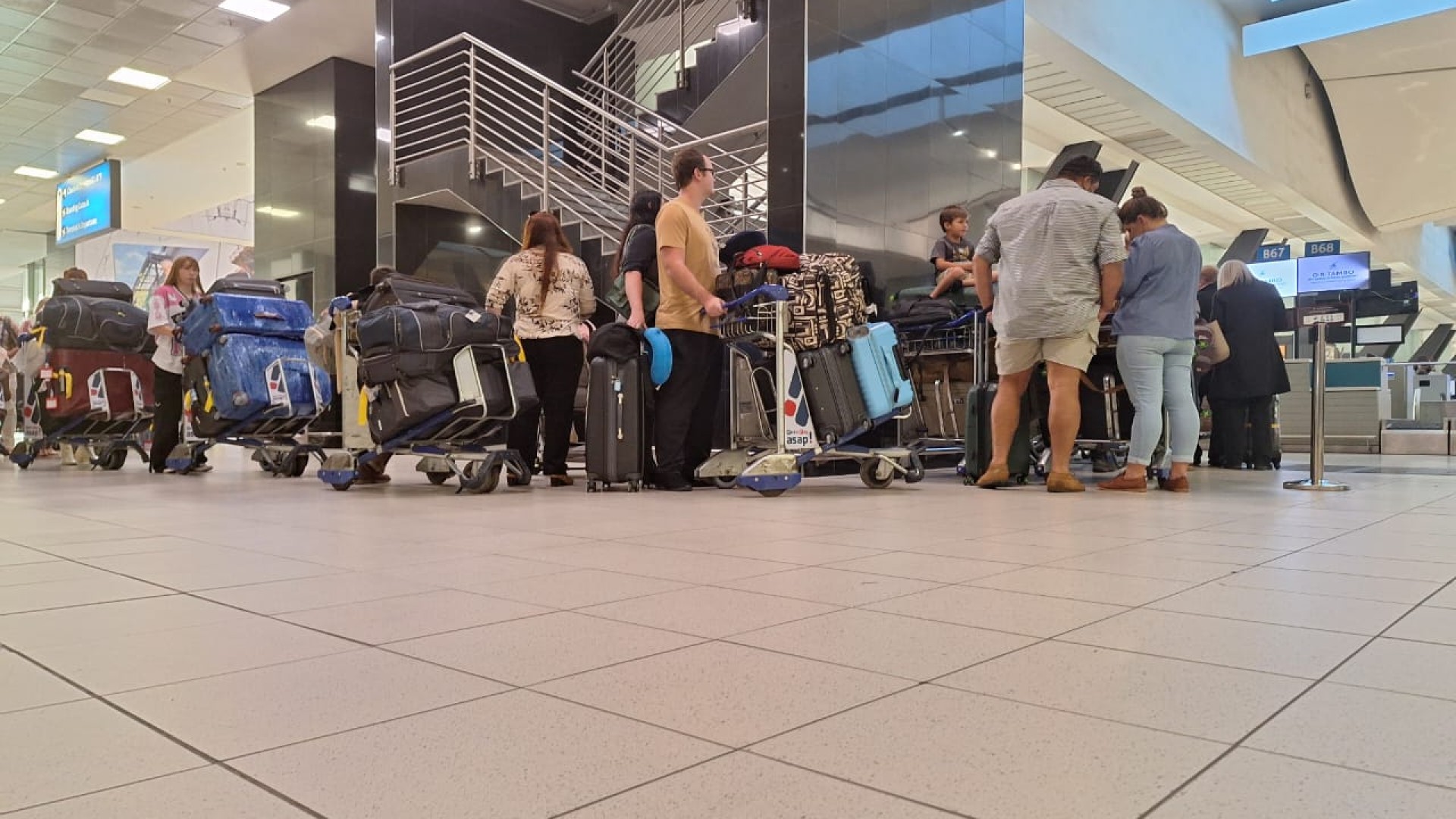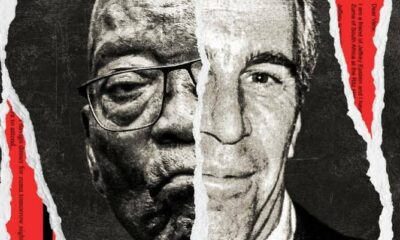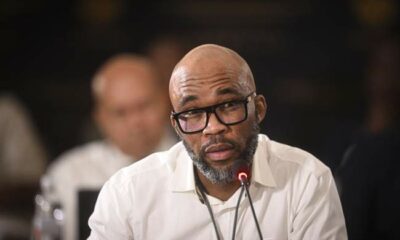News
White South Africans Arrive in the US Under Controversial Refugee Programme

It’s not something you hear about often: white South Africans fleeing their home country as refugees. But that’s exactly what’s been happening in recent weeks as a growing number of families arrive in the United States under a refugee programme launched by the Trump administration earlier this year.
In a world where refugee stories often involve people of color escaping war-torn countries, this reverse narrative—white South Africans seeking protection from racial persecution—has sparked intense debate.
Nine More Touch Down, Quietly
Last week, another group of white South Africans—nine individuals, including children—landed in the United States. They were part of the second wave to arrive under this controversial resettlement programme. The first group, made up of 59 people, arrived a month earlier on a chartered flight into Dulles International Airport in Virginia.
These individuals are not your typical economic migrants. According to Jaco Kleynhans of the Solidarity Movement, which represents many Afrikaners in South Africa, they’re fleeing what they describe as racial hostility, crime, and a future they no longer trust.
“They’re families who just want to live in peace,” Kleynhans said.
Who Qualifies and Why It’s Stirring the Pot
Under new guidelines released by the US Embassy, refugee applicants from South Africa must be part of a racial minority and must show past persecution or fear of future harm. The Trump administration says this policy addresses the needs of white South Africans—particularly Afrikaners—who are being “systematically targeted” in their home country.
Critics, however, argue that this narrative is politically motivated and misleading. The South African government has outright rejected claims of systemic racial violence against whites, stating that violent crime in the country affects people across all racial lines.
President Cyril Ramaphosa has repeatedly called out Trump’s assertions—especially the claim that white farmers are victims of genocide—as false and inflammatory. During a recent meeting at the White House, the South African president challenged these claims, pointing to the broader issue of violent crime in the country rather than any race-based campaign of persecution.
A Growing Queue of Applicants
Despite the controversy, interest in the programme is growing. While US officials haven’t disclosed exact figures, Kleynhans estimates around 8,000 South Africans have applied. Other advocacy groups claim tens of thousands have either applied or expressed interest.
The US Embassy confirmed that the refugee office continues to reach out to eligible individuals and conduct interviews. Arrivals are happening gradually via commercial flights as processing moves forward.
A Complicated Reality
The debate over this refugee programme is more than just a political tug-of-war between Washington and Pretoria. It touches on raw issues that many South Africans grapple with daily: violent crime, social inequality, historical trauma, and fears for the future.
Yes, some white families may genuinely feel unsafe or unwelcome in modern-day South Africa. But critics caution against using individual cases to justify broad generalizations or to fan the flames of racial division. South Africa’s post-apartheid story is still unfolding, and it’s far from simple.
For now, the resettlement programme continues—quietly, without much fanfare. It remains to be seen how many white South Africans will ultimately make the journey to the US, or how the next administration might handle this highly sensitive programme.
But one thing is clear: this isn’t just about visas and paperwork. It’s about identity, memory, fear, and belonging. And in today’s polarized world, those emotions carry weight far beyond immigration policies.
This story is complex, and it deserves more than headlines or political soundbites. If you want to understand the shifting dynamics between South Africa and the US—and the real experiences of those caught in between—keep digging, keep questioning, and stay open to the full picture.
{Source: Business Standard}
Follow Joburg ETC on Facebook, Twitter , TikTok and Instagram
For more News in Johannesburg, visit joburgetc.com



























